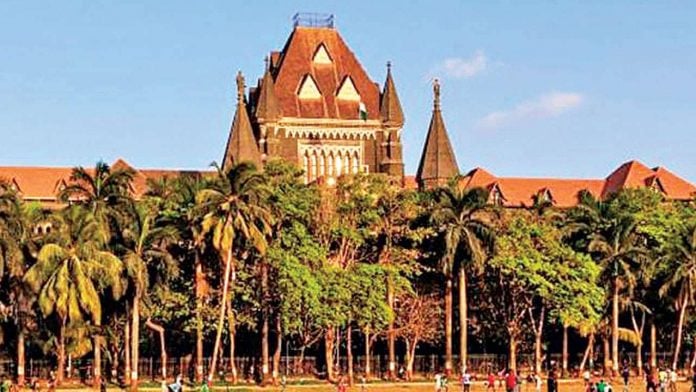The Bombay High Court has directed the respondents, including the Central and State Government, to file their replies or alternatively the Court will impose appropriate costs upon them, in relation to a suo motu PIL related to the right of every child in the age group of 6-14 years to free and compulsory education.
The Division Bench comprising Justices Sunil B. Shukre and Anil S. Kilor, while considering the PIL observed, “We have with us a legal framework, which provides not only the right to free and compulsory education for the children between age group of 6 and 14, but which also makes effective provisions for effectuating the right of children to education.
“The legal framework is there on paper, but this petition points out that the legal framework is not seen to be in operation in many of the districts and other areas of Maharashtra which are remotely situated. In these areas, the school buildings are not proper, teaching staff is not available in sufficient number, the learning equipment’s are not provided and facilities necessary for getting education are also absent. In many of the areas, where all weather roads are not available, the children are unable to go to the school during rainy season”,
-said the Court.
The Court went on to observe that of course, presently no physical classes are being held in schools across the state of Maharashtra and the education is being imparted by the schools through online platform, but, even for this purpose, it is necessary that there is available internet connectivity and electricity supply for 24 hours and 7 days. Without this infrastructure, many of the schools which are devoid of supply of electricity and availability of internet connection for 24 hours and 7 days, would not be in a position to impart education effectively and continuously.
“It would be, therefore, necessary in public interest that a serious consideration is accorded to these important issues by the Central Government, State Government and also the local authorities, which it appears to us is lacking till now.”
With these observation, the Court noted that none of the respondents has filed the replies except the Collector, Gadchiroli. “The replies of the respondents, in a case like this, are necessary,” it added.
The Bench directed the respondents to file their replies, which shall also include the steps taken so far by the respondents in providing adequate learning equipment/facilities, including establishing reliable network providing internet connectivity and electricity supply consistently on 24/7 basis, especially after March 21, 2020, the first date from which onwards the nationwide lockdown was imposed due to Covid-19 pandemic.
Also Read: Supreme Court rejects Arcelor Mittal company plea against Gujarat HC order
The High Court further directed the respondents to assist the High Court in regard to any scheme, which may have been framed by the respondents.
“We make it clear that if the replies are not filed, we may consider issuing direction for having before us personal presence of the Cabinet Secretary, Union of India and the Chief Secretary, State of Maharashtra or alternatively, to impose appropriate costs upon the defaulting respondents”
-the order reads.
The petition raised questions arising from right of every child of the age of 6 to 14 years to free and compulsory education in neighborhood schools till the completion of his or her elementary education, as provided under The Right of Children to Free and Compulsory Education Act, 2009.
Another issue which is raised by the petition is about the alternatives resorted to by the Government upon its failure to provide free nutritious meal to school-going children, which ought to have been resorted to in accordance with the provisions made under Section 5 of the National Food Security Act, 2013, owing to the imposition of nationwide lockdown with effect from 21.03.2020 and consequent closure of physical classes.
The Act of 2009 casts specified duties upon the appropriate Government, Local Authority, Parents and the Chapter-III thereof.
Section 6 of the Act of 2009 provides that for carrying out the provisions of the Act, the appropriate Government and the local authority shall establish, within such areas or limits of neighborhood, as may be prescribed, a school and where it is not so established, it will be done within a period of three years from the commencement of the Act.
Section 7 of the Act of 2009 speaks about sharing of financial and other responsibilities by the Central Government and the State Government.
Section 8 of the Act of 2009 imposes duties on appropriate Government, which include duty to provide infrastructure including school building, teaching staff and learning equipment, to provide special training facilities in terms of Section 4 of the Act of 2009 and ensuring good quality elementary education, conforming to the standards and norms specified in the schedule.
Section 35 of the Act of 2009 confers power upon the Central Government to issue such guidelines to the appropriate Government or the local authority, as it deems fit for the purposes of implementation of the provisions of the Act.


